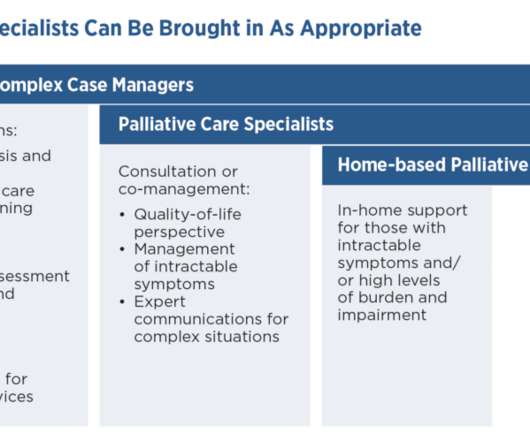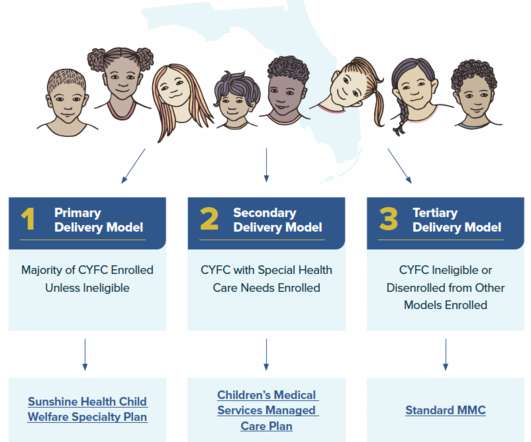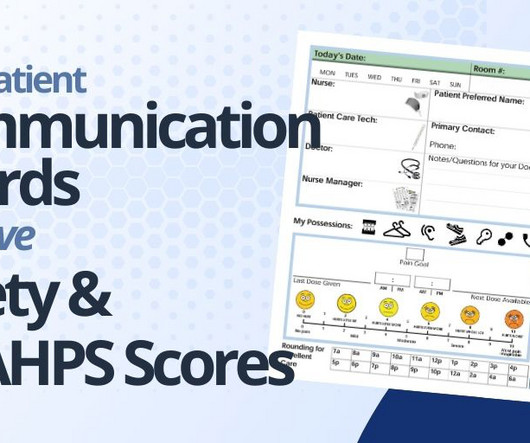OSF deploys care transition program, reduces readmission rate from 29% to 9%
Healthcare It News
JUNE 24, 2024
" By implementing these strategies, OSF HealthCare aims not just to reduce readmissions but to fundamentally enhance the overall quality of care across the health system. This system is designed to ensure every patient receives continuous, high-quality care as they move through different stages of recovery and care environments.




























Let's personalize your content